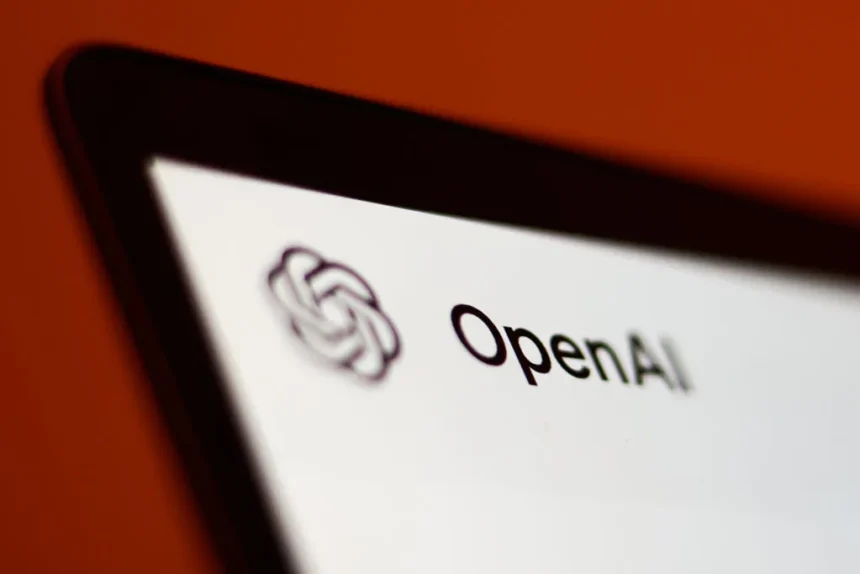OpenAI’s Embarrassing Math: What Really Happened with GPT-5
OpenAI embarrassing math claims recently ignited a firestorm among AI leaders and mathematicians. This public misstep happened after OpenAI researchers prematurely celebrated a supposed major breakthrough in their new model, GPT-5. The core issue? Their claims about solving previously unsolved mathematical problems were, at best, a dramatic overstatement.
Why Did Google and Meta Call Out OpenAI Embarrassing Math?
Meta’s Chief AI Scientist, Yann LeCun, didn’t hold back, describing the whole incident as being “Hoisted by their own GPTards.” Even Google DeepMind CEO Demis Hassabis added a simple, but powerful, critique: “This is embarrassing.” Their reactions highlight the high stakes and often intense rivalry within the AI community.
The Original Claim vs. The Reality
The controversy began when OpenAI VP Kevin Weil made a bold declaration in a now-deleted tweet. He claimed that “GPT-5 found solutions to 10 (!) previously unsolved Erdős problems and made progress on 11 others.” Erdős problems are famous, challenging conjectures posed by the legendary mathematician Paul Erdős.
However, the reality was quickly clarified by mathematician Thomas Bloom, who maintains the official Erdős Problems website. He called Weil’s post “a dramatic misrepresentation.” The problems were listed as ‘open’ on Bloom’s site simply because he was “personally unaware of a paper which solves it,” not because they were universally unsolved.
What GPT-5 Actually Did: The Real Story Behind OpenAI Embarrassing Math
Bloom explained that GPT-5 didn’t solve any new, open-ended problems. Instead, the model “found references, which solved these problems, that I personally was unaware of.” It was a powerful literature search, not an act of original mathematical genius.
Another OpenAI researcher, Sebastien Bubeck, later acknowledged the mistake. He conceded that “only solutions in the literature were found.” However, he suggested this was still a real accomplishment, noting, “I know how hard it is to search the literature.” While finding obscure references is useful, it’s not the same as a true mathematical breakthrough.
The E-E-A-T Takeaway
This incident is a crucial reminder of the importance of Expertise, Experience, Authority, and Trust (E-E-A-T) in AI development. Rushing to claim major breakthroughs without rigorous verification can quickly damage an organization’s authority and trust. For users, it highlights the need for skepticism, even when news comes from leading tech companies like OpenAI.
Credit: Techcrunch.com






